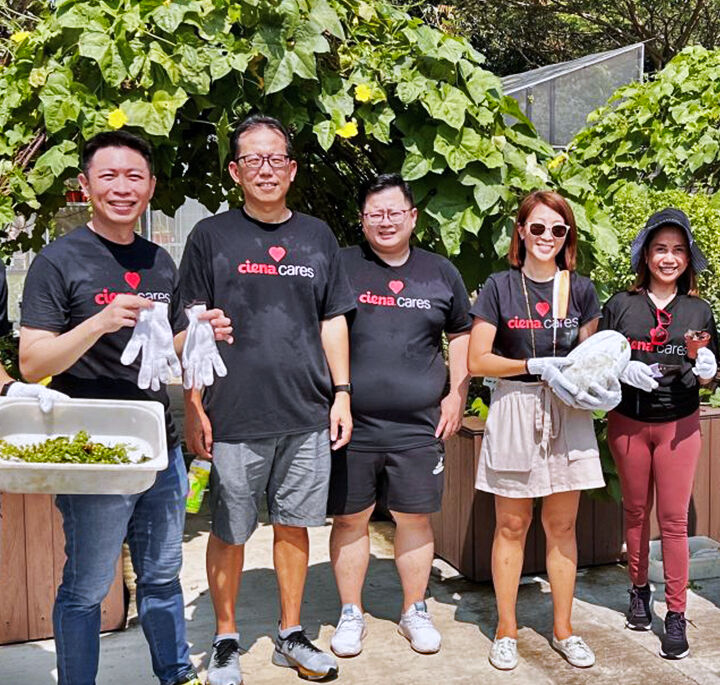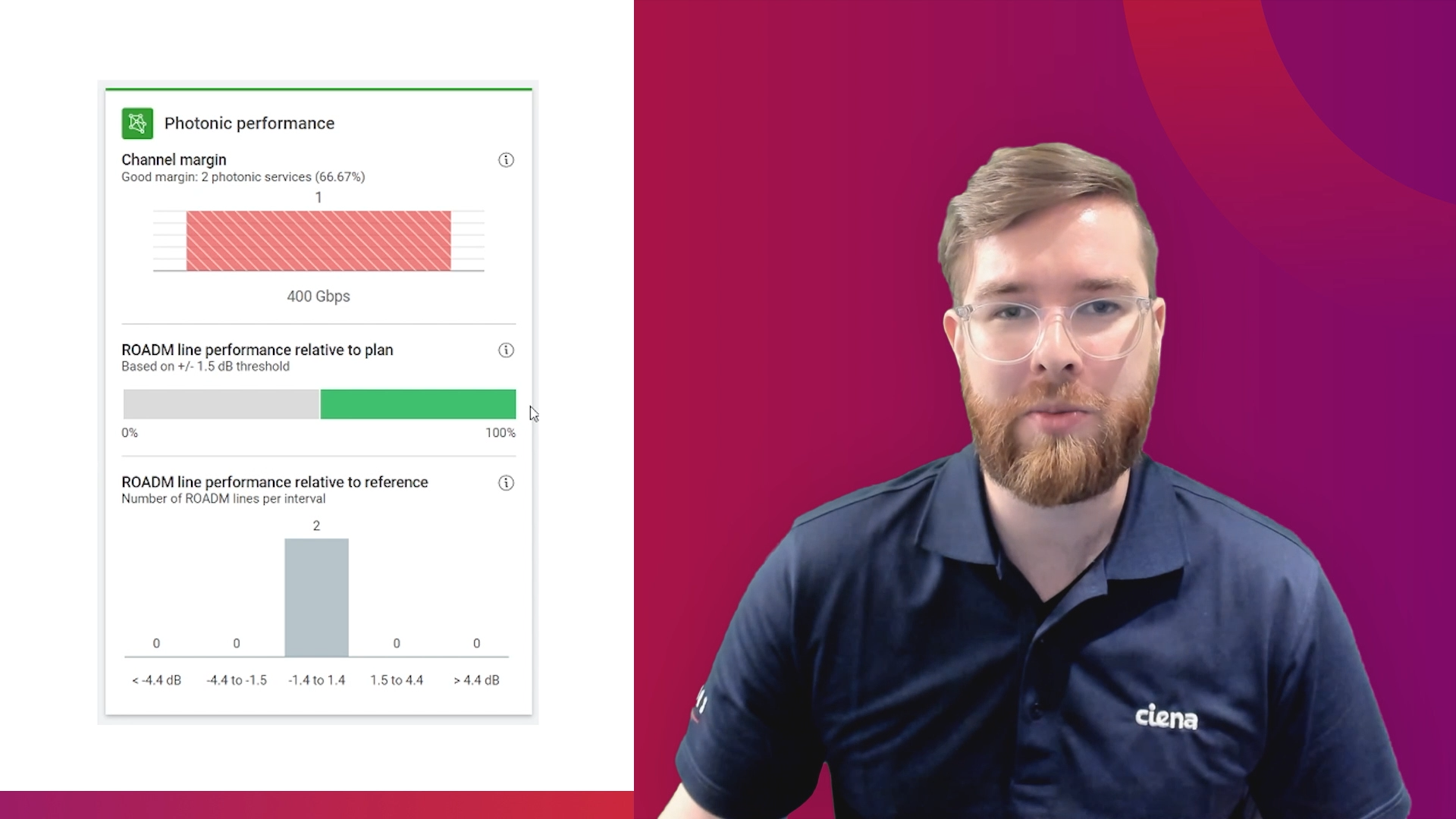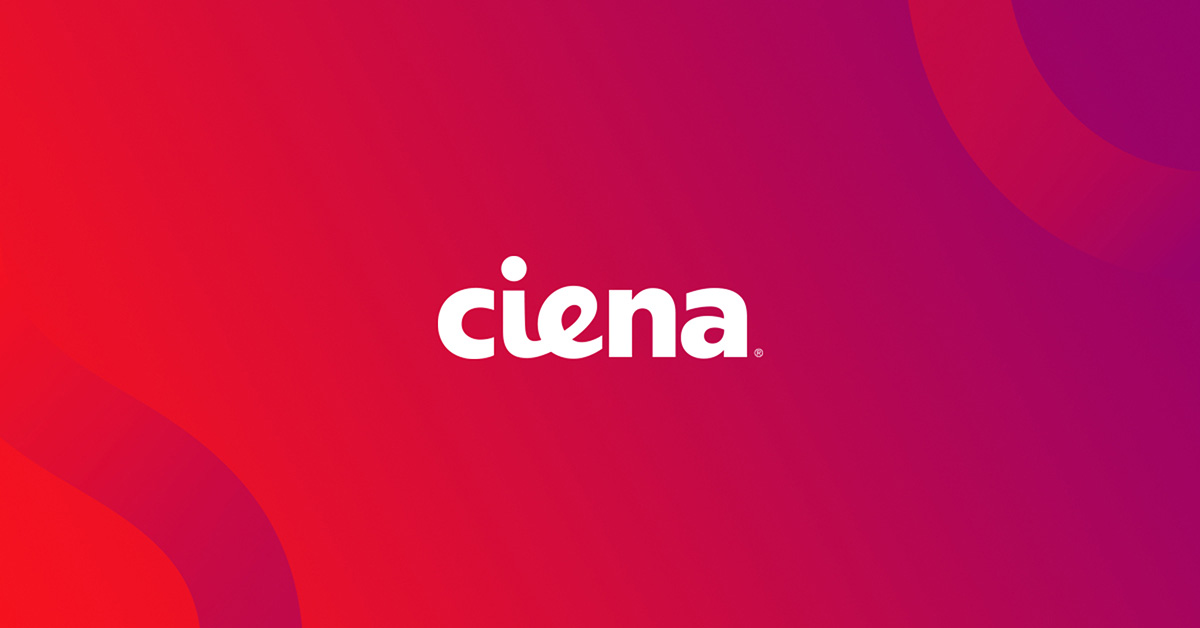Q&A session: Blue Orbit and Service Provider DevOps, what does it mean for you?
When Ciena’s Blue Planet team unveiled our new DevOps Toolkit and our new DevOps Exchange community a few months ago, it created an immediate buzz with our customers and partners. The toolkit features a set of DevOps-style software development tools that can be utilized by network operators’ in-house personnel, and in collaboration with ecosystem partners, to quickly add new virtual and physical network resources.
This allows network operators to speeds up the creation and delivery of new on-demand, virtualized services within their SDN and NFV enabled networks, resulting in a significant reduction in cost and dependence on professional services associated with monolithic, vendor-controlled back-office systems.
Two of our Blue Planet DevOps experts hosted a live webinar a few weeks ago to detail the new DevOps Toolkit and community, and how it fits in our broader Blue Orbit ecosystem. Blue Planet Vice President of Strategy and Business Development, Jim Brinksma and Blue Planet SW Vice President, Manuel Damas hosted the webinar and fielded audience questions during the session.
You can sit in on the entire session on-demand, and below are some of the questions that came in from the audience during the event.
Q: Is this a technology partner program or a marketing program?
 Jim: Blue Orbit is a combination of all our technology partnerships and a marketing program. We do technical collaboration, which involves joint testing of solutions in our labs or our partners’ labs to make sure we can integrate their technologies into Blue Planet and VSO—to make sure we can fulfill a customer use case. That’s the technical aspect of this.
Jim: Blue Orbit is a combination of all our technology partnerships and a marketing program. We do technical collaboration, which involves joint testing of solutions in our labs or our partners’ labs to make sure we can integrate their technologies into Blue Planet and VSO—to make sure we can fulfill a customer use case. That’s the technical aspect of this.
There’s also a marketing and sales aspect. As you saw with today's release where we added 30 new members to the Blue Orbit ecosystem, we make announcements in conjunction with our partners and we do collaborate on generating joint-sales collateral and delivering to end markets. We also do webinars, and we share information and try to cross-train with sales teams and work with folks as close as we can.
Q: DevOps Exchange appears to be very close to an open source approach; how far do you plan to take this into the future and across the product?
 Manuel: I would say that Blue Planet has always been very open and it’s been a big collaborator in the open source community. DevOps Exchange is very focused on being an open source approach to the resource adaptors (RAs); now, we are providers in open source, but also open our doors to our environment community by providing the toolkit to extend the RAs. We’re not only just providing the source code in an open source environment, but we’re also providing our customers with the openness of the toolkit so that they themselves, the IT departments, and the engineering departments can all collaborate and build new services quickly.
Manuel: I would say that Blue Planet has always been very open and it’s been a big collaborator in the open source community. DevOps Exchange is very focused on being an open source approach to the resource adaptors (RAs); now, we are providers in open source, but also open our doors to our environment community by providing the toolkit to extend the RAs. We’re not only just providing the source code in an open source environment, but we’re also providing our customers with the openness of the toolkit so that they themselves, the IT departments, and the engineering departments can all collaborate and build new services quickly.
Q: How extensible and adaptable is the development environment? Could it handle multiple NFV vendors under one umbrella?
Manuel: We’re working under Blue Orbit’s ecosystem, we’re partnering with a number of NFV vendors, and we’ve integrated a number of NFV vendors. We feel strongly that Blue Planet allows our customers to basically extend the number of vendors they can support easily under our software. We continue to grow the partnerships with the NFV community and we continue to integrate new vendors all the time. We look forward to building a very strong library of NFV vendors.
Q: Have you actually secured any customer deployments with your partners?
Jim: Absolutely. We actually have a few examples of those on the website, under Blue Orbit Deployments. There’s a list of a few companies that we’ve deployed with and what those solutions actually look like, but these partnerships are really formed to address only the customer use cases and what we’re seeing now is not only that—do we secure deployments?—but also our customers driving other technology companies, service companies, etc. our way. So it truly is a partnership: we truly grow together and we really are seeing a lot of customer deployments.
Q: Would it be possible to integrate a framework with OSS/BSS systems in order to implement use cases? How would this work?
Manuel: This is some of the work we do with a number of our integration partners. It could be done from your IT group, as well. Essentially there is a REST API that’s extremely user-friendly on the northbound side of the Blue Planet orchestrate product that most of our customers integrate as OSS and BSS, too. We have a number of vendors that will use the API to either call service templates in to do service creation or will call that API to get access to a particular function within the resource they’re trying to manage. Blue Planet allows the users to quickly swap out from vendors, migrate from physical to virtual by having this demarcation in their overall architecture.
Q: Do these Blue Orbit partnerships have to be exclusive to Ciena?
Jim: The answer is no, you don’t necessarily have to be an exclusive partner to Ciena. We welcome any partners and they’re also free to partner with anyone else they’d like.
Q: What’s the difference between a DevOps partner and a technology partner?
Manuel: We have a number of technology partners that we work with. The NFV providers are technology partners for us, but DevOps partners are the ones that are collaborating and actually developing Blue Planet, resource adaptors, and service templates. When we talk about a DevOps partner, it could be a customer; it could be a partner of ours; it could be an equipment vendor. We have a number of equipment vendors that will reach out to us and want to get integrated to Blue Planet as they’re developing their own RAs.
Q: Do you have open training sessions and are they available?
Manuel: Yes we do. The training that’s initially available is on service template development and resource adaptor development. Those are separate classes that you can take and they are available through our training program. You can go to the actual DevOps Exchange or the Ciena website to find those courses.
Q: How do people get access to the DevOps Exchange? Is it only open to Blue Planet customers?
Manuel: If you’re interested in getting access, please register. The DevOps Exchange is open to all of our partners and all of our potential customers.
Q: Is there a cost to become a partner in the Blue Orbit ecosystem?
Jim: There’s no cost to join the Blue Orbit ecosystem.
Manuel: That also goes for the community. No cost to actually enter into the DevOps Exchange—you just need to register.
For more information on Ciena’s Blue Planet DevOps Toolkit you can download the Infobrief here.






